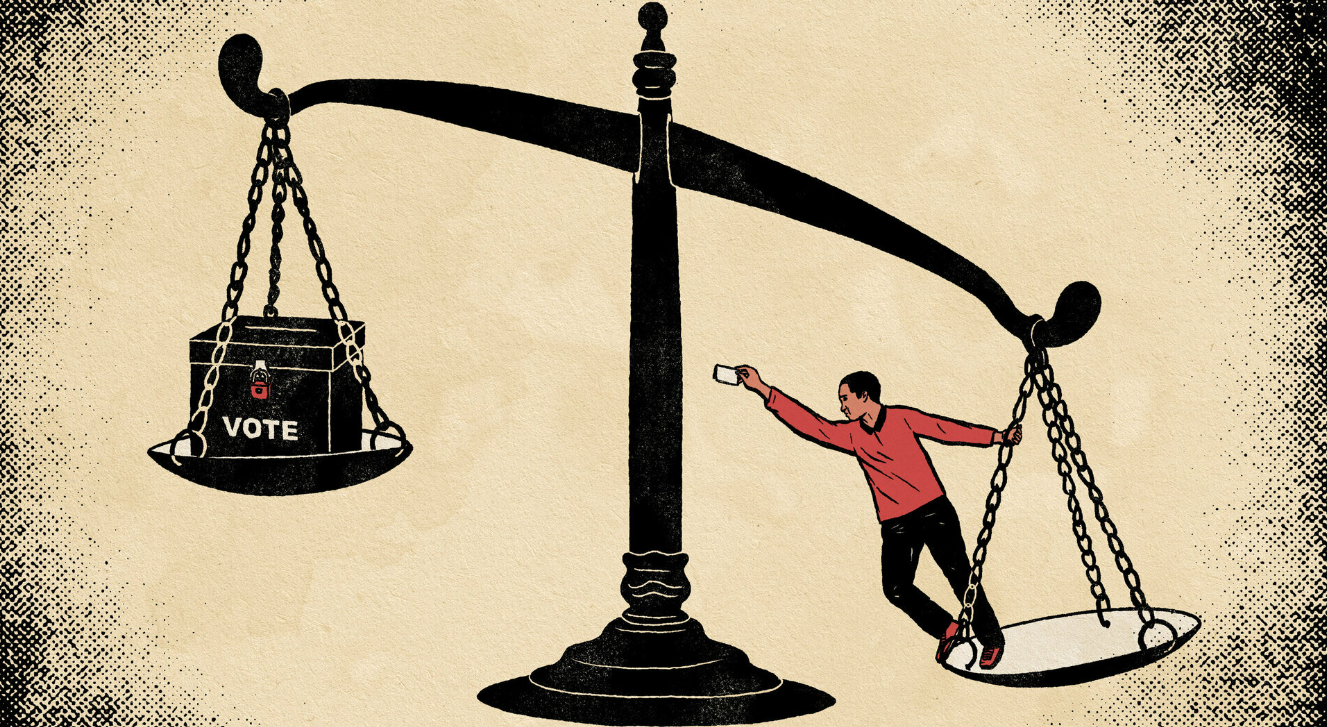Mississippi Lawmakers Work to End Some Felony Disenfranchisement
House Bill 1609 would automatically restore the right to vote for people convicted of nonviolent crimes

In early March, the Mississippi House of Representatives passed House Bill 1609, where persons convicted of some non-violent felonies would automatically regain their right to vote either five years after conviction or five years after release from prison, whichever is later. Under the Mississippi Constitution, people convicted of any of 10 types of felonies lose their voting rights for life, even if they have completed all forms of their sentences and parole conditions. Various opinions from the Mississippi Attorney General’s Office expanded that list of disenfranchising felonies to 23.
House Bill 1609 would allow people convicted of nonviolent offenses such as bad check writing, perjury, and bribery to automatically see their right to vote restored if they have not been convicted of another felony for five years after completing their sentence and paying any outstanding fines. But people convicted of murder, arson, armed robbery, carjacking, embezzling more than $5,000, rape, statutory rape, and voter fraud would still lose their voting rights for life.
In Mississippi, 9.63% of citizens in the state are disenfranchised, or nearly 1 of every 10 adults. This rate is more than triple the national rate of disenfranchisement (2.47%), which affects 1 of every 40 American adults. Of the approximately 218,000 people currently disenfranchised in Mississippi, only 7 percent are incarcerated. The remaining 93 percent are living in the community either under probation or parole supervision, or have completed their criminal sentence.
Nearly 60% of people who lost their right to vote due to Mississippi's felony disenfranchisement laws are Black. Following the Civil War, a number of Southern states tailored their disenfranchisement policies with the intent of disenfranchising Black males who had recently gained the right to vote. These actions came about at the same time states were adopting poll taxes and literacy requirements, long decried as unconstitutional methods to disenfranchise Black voters.
Constitution Committee Chairman Price Wallace (R-Mendenhall) said that while he has never been convicted of a felony, he tried to look at this issue by placing himself in the shoes of someone who has had their voting rights taken away for life because of a prior mistake they made. “They don’t have pride and citizenship anymore,” Wallace said. “They can’t go vote. They can’t voice their opinion. That’s why I feel that this is important.”
“I’m very excited about this bill,” Representative Cheikh Taylor (D-Starkville) said. “In my opinion, this is one of the greatest bipartisan bills we’ve passed since changing the state flag.”
HB 1609 is currently being heard in Mississippi Senate Constitution/Judiciary Committee.
Read more about Mississippi's felony disenfranchisement laws and the bipartisan effort to restore some of those voting rights in the article "Who Can and Can’t Vote in Mississippi: A Guide to the State’s Lifetime Voting Ban" from The Marshall Project.










